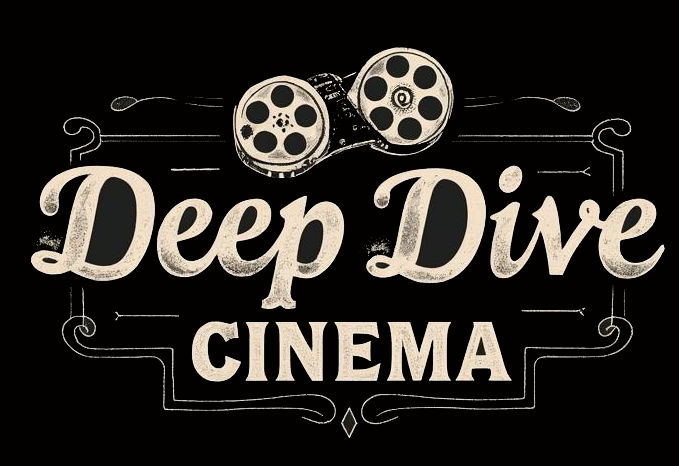🎥 The Un-Respected Auteur: Jim Jarmusch vs. the Blockbuster Machine
Published by DDC • Row Gamma Dispatch
"Nothing is original. Steal from anywhere that resonates with inspiration or fuels your imagination."
— Jim Jarmusch
🎞 Stranger Than Paradise (1984): The Origin Myth
It began with three people, one car, and an empty landscape.
Stranger Than Paradise is one of the most seismic debuts in American independent cinema—a black-and-white, minimalist road film where nothing happens, and yet everything matters. Released in 1984, it cost barely $100,000 to make. It became a cult hit, but more importantly, it quietly rewrote the American cinematic playbook.
Jarmusch wasn't shouting. He was whispering into the void.
This was not cinema for the multiplex. This was cinema as personal mixtape—deadpan, poetic, and tuned to a frequency Blockbuster executives couldn't hear.
🧭 The Jarmusch Trajectory: A Cinema of Drift and Desire
Jarmusch's filmography reads like a vinyl collection curated by a beat poet in exile:
- Down by Law (1986): A prison escape film that cares more about friendship than escape.
- Mystery Train (1989): Intersecting stories in Memphis told with ghostly grace.
- Dead Man (1995): A hallucinatory Western starring Johnny Depp as a dying poet—scored by Neil Young’s improvised electric guitar.
- Ghost Dog: The Way of the Samurai (1999): Hitman meets bushido, scored by the RZA. A philosophy class disguised as a gangster flick.
- Broken Flowers (2005): A road movie of regret, starring Bill Murray as a man quietly crumbling into memory.
- Only Lovers Left Alive (2013): Vampires as aesthetes and archivists, sipping blood like opium in the ruins of Detroit.
Each film is a genre film in disguise, slowed down, stripped bare, and filled with space to breathe. They ask you not to watch, but to listen. To sit. To exist with them.
🚫 Rejected by the Machine
The Hollywood industrial complex—the one that replaces feeling with formula, meaning with metrics—has never known what to do with Jarmusch.
He’s been:
- Too quiet
- Too slow
- Too eccentric
- Too unwilling to conform to the 3-act prison
And yet, Jarmusch’s work contains more life, death, and love than the entire Marvel Cinematic Universe’s Phase 4.
In a world of spectacle, he offers ritual.
In a landscape of content, he offers cinema.
In an economy of profit, he offers poetry.
💡 Why He Matters More Than Ever
As cinema becomes increasingly algorithmic, Jim Jarmusch stands like a vampire in a leather jacket at the edge of a Detroit rooftop, watching it all decay—not with bitterness, but with knowing.
He doesn’t shout to be heard. He whispers, trusting that the right ears are still out there.
He reminds us that art is not just a product—it is a frequency.
You don’t stream a Jarmusch film. You tune into it.
And if you do, you might hear your own heartbeat in the silence between lines.
🗃️ DDC Classification
Row: Gamma
Group: Under-Crowned Auteurs
Tag: JARMUSCH.ESSAY.UNRESPECTED
Further Viewing:
- Stranger Than Paradise (1984)
- Dead Man (1995)
- Ghost Dog: The Way of the Samurai (1999)
- Only Lovers Left Alive (2013)
Further Reading:
- Permanent Vacation: The Cinema of Jim Jarmusch
- Poetics of Silence in Contemporary American Film (Chapter on Jarmusch)
- DDC Addendum: “Blood as Opium: Cultural Survival in Only Lovers Left Alive”
Filed by: The Cinema Sage
With love from the dustiest drawer in Row Gamma
